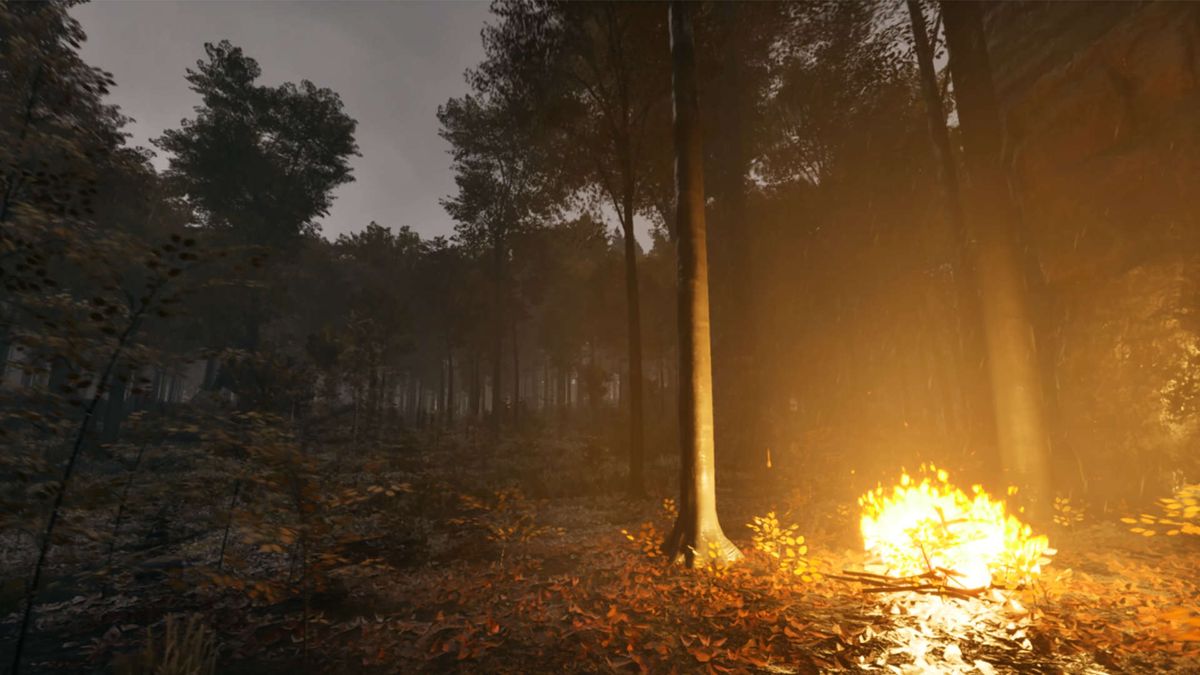In 2021, Angela Merkel retired after 16 years as German chancellor. For the next two years she would work with her longtime assistant, Beate Baumann, on this weighty autobiography which documents her years of hard work for Germany, the European Union and the world as a whole, as well as her determination to give credit where credit is due, and to protect her private life. Read this article for free: Already have an account? To continue reading, please subscribe: * In 2021, Angela Merkel retired after 16 years as German chancellor.
For the next two years she would work with her longtime assistant, Beate Baumann, on this weighty autobiography which documents her years of hard work for Germany, the European Union and the world as a whole, as well as her determination to give credit where credit is due, and to protect her private life. Read unlimited articles for free today: Already have an account? In 2021, Angela Merkel retired after 16 years as German chancellor. For the next two years she would work with her longtime assistant, Beate Baumann, on this weighty autobiography which documents her years of hard work for Germany, the European Union and the world as a whole, as well as her determination to give credit where credit is due, and to protect her private life.

In other words, don’t expect accounts of fun holidays or much about leaving her first husband, Ulrich Merkel, and taking up with her second husband, Joachim Sauer. But if you want an insider’s view of a series of world crises and world leaders, including Vladimir Putin, Donald Trump and Turkish President Recep Tayyip Erdogan, this book is significant. Born in 1954, Merkel grew up in East Germany, the daughter of a Lutheran minister who was relatively uncritical of the Communist regime until the crushing of the Prague Spring in 1968.
Jesco Denzel / Associated Press files Former German chancellor Angela Merkel, seen here in a 2018 photo taken at the G7 Leaders Summit in La Malbaie, Que., says U.S.
President Donald Trump sees everything through the lens of a realestate developer. Merkel credits her mother for helping her and her younger siblings “blow off steam at home” as well as helping them cope with a system where everyone knew that “if you overstepped a boundary, everything could change in seconds.” By the time the Berlin Wall came down in 1989, Merkel had a doctorate in quantum chemistry and was working at a science institute in East Berlin.
With the support of Joachim Sauer, who would become her second husband in 1998, she took unpaid leave to work for the first free election in East Germany in March 1990. The party she worked for soon merged with the winning Christian Democratic Union (CDU), and Merkel became a CDU party spokesperson as they negotiated German reunification. Merkel ran in the first elections of a united Germany in December 1990 and won narrowly in a constituency she would represent for the next 31 years.
She served in cabinet from 1990 to 1998, first as minister for Women and Youth and then as minister of Environment. Later she remained loyal to the centre-right CDU despite a series of scandals involving illicit donations to leaders. Her devotion through hard times was phenomenal.
By the time she became chancellor in 2005, Merkel had already served in government for eight years and in opposition for seven. With a strong interest in people, she had no regrets about leaving her scientific career. The degree of Merkel’s conservatism comes as a surprise.
While she hesitated to call herself a feminist or to support same-sex marriage, she did support a free vote on same-sex marriage that she knew would win, and supported other equality legislation. Merkel admits that, as chancellor, work dominated her life. She had little time for family; she believes lunch breaks with colleagues and Sundays spent with Sauer at their country house kept her going.
Weekly A weekly look at what’s happening in Winnipeg’s arts and entertainment scene. Merkel’s experience and skill certainly helped Germany and the European Union navigate the financial crisis of 2008 as well as the euro and migration crises that followed. Freedom She regrets that all her work for peace between Russia and Ukraine came to naught, but doubts admitting Ukraine to NATO would have deterred Putin.
And she still wonders if anything could have been done to accommodate the U.K. and prevent Brexit.
On the topic of Donald Trump, though, she has no doubts. From her first meeting with him, Merkel knew “there would be no co-operative work with Trump. He assessed everything from the perspective of the real estate developer he had been.
.. For him all countries were in competition, and the success of one meant the failure of another.
” On the other hand, she praises Justin Trudeau, saying he made “a particularly outstanding contribution” to overcoming hurdles in a free-trade agreement with the European Union. Faith Johnston is interested in the history of women, and has no problem calling herself a feminist. Freedom By Angela Merkel with Beate Baumann St.
Martin’s Press, 720 pages, $53 Advertisement Advertisement.
Entertainment
A legacy of service
In 2021, Angela Merkel retired after 16 years as German chancellor. For the next two years she would work with her longtime assistant, Beate Baumann, on this weighty autobiography which [...]















